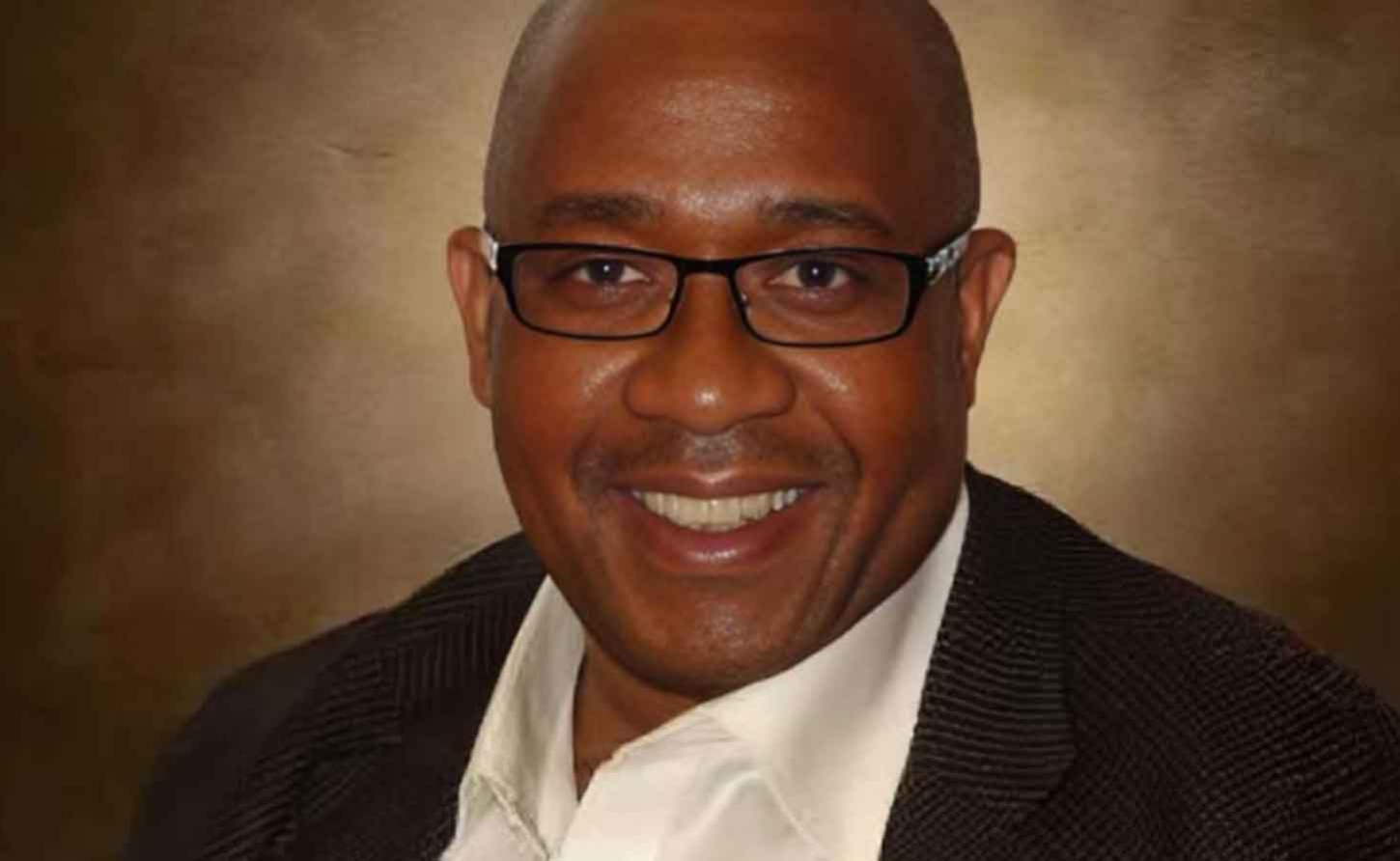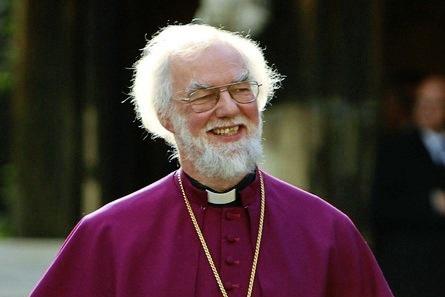CULTURE | Church of England told, Get on with the Reparations Program!

TORONTO, Canada, September 15, 2024 - All the Black people in the Americas and the Caribbean diaspora have roots in the genesis of the European trade in Africans as enslaved persons and Planation Enslavements. They are entitled to reparations for the crimes committed against their ancestors and the lingering effects of the intergenerational trauma.
Two recent news reports suggest that many stakeholders involved in the fight for reparations are being sidelined or excluded from history. They are relegated to mere spectators or even wholly left out despite the ongoing struggle for reparations for centuries of crimes against African humanity.
The extent and severity of the harm caused by the Church of England through its ownership of the Plantation are well documented, but this is just one part of the wrongdoing. Recognising the significant institutional harm caused by the Church's religious beliefs and teachings is essential.
Numerous scholars have definitively shown that the Church not only benefited from the Trans-Atlantic Slave Trade and participated in the trafficking of Africans, but also played a crucial role in constructing the religious, philosophical, and institutional frameworks that legitimized and upheld for centuries this crime against humanity.

Recognizing that the Global African Congress (GAC) was a non-governmental organization dedicated to reparations and repairing the damages of enslavement, Reverend Williams knew that the GAC was only one part of a larger movement involved in the process with governments. However, he also indicated that governmental leadership and authority would be necessary for any agreement to be reached.
At this time, the GAC, along with other reparations activists, increased our lobbying efforts of Caribbean governments for the formation of the Caribbean Reparations Commission (CRC).
Why, then, in 2024 - 18 years later - is the Church of England calling for a study of the issues involving its role in the enslavement and ownership of African people as chattel, to be bought and sold as property?
Is this a delaying and diversion tactic?
Failing to properly analyze the enduring impact of anti-Black and anti-African racism within the Church's religious practices is a sin that cannot be forgiven. All reparation agreements stemming from the Church's intentional efforts to dehumanise African people through the Society for the Propagation of the Gospel in Foreign Parts (SPG) must be acknowledged for their historical and ongoing consequences. Any diversion and delaying tactics are just additional acts of injustice that these institutions are so well-versed in executing and getting away with.
The reparation agreements with the Church of England should address the racist teachings that have been justified as God's will and have been part of the Church's policies, practices, and educational institutions. This includes universities and missionary activities that have contributed to justifying racism through historical, anthropological, and geographical teachings.
What else do you need to study?
The changes required to address the Church's racist institutional policies and practices must involve a wide range of people who are familiar with the culture of whiteness, coloniality and the lack of concern for Black suffering. This can not be limited to the Caribbean political class and institutional elites but should include a broader section of the population to ensure an open, democratic, and honest process.
The team leading the negotiations for reparations must include bold and unapologetic leaders who are not obsessed with being polite or using vague language to avoid uncomfortable conversations regarding the history, the victims, and the unassailable quality and quantification of injuries past and present.
What else doesn't the Church of England know?
The focus of the reparation agenda should be on repairing the damages caused and why, as humans, we have a need to develop healthy families and harmonious community living. It is essential to enhance the community by understanding its history and employing necessary techniques to eradicate the influence of Plantation socialization and psychology that has lasted for centuries.
During this period, concerns about making white people feel uncomfortable should take a backseat to address the centuries of crimes and their lingering effects. Additionally, it is crucial to avoid tokenism and instead address the real issues of anti-Black racism and the Church's indoctrination of racial superiority and inferiority.
The leadership of the Church of England should actively engage with the victims by visiting communities, villages, and towns across the Caribbean. They should be accompanied by a diverse group of experts, including psychiatrists, psychologists, anthropologists, sociologists, historians, nutritionists, engineers, small farmers, homemakers, unemployed youths, and economists who deeply understand people's experiences.
This engagement should focus on learning about the impact of colonization, racism, and enslavement, including the historical role of the Church in the lives of the people in the Caribbean.
The level of community consultation and engagement should form the basis for developing and implementing remedial programs to address the damages, their consequences, and what needs to be done for repairs.
Church leaders must learn about the creation of “The Wretched of the Earth” communities created across the Caribbean that were once plantations from which all the wealth was extracted in one direction: towards Europe. In these areas, libraries, hospitals, community health care centres, or access roads for small farmers have never existed, but churches can be found.
Let's get on with getting the job done.
Part one!
Cikiah Thomas is the former International Chair of the Global African Congress (GAC) and currently serves as the Ambassador General.
